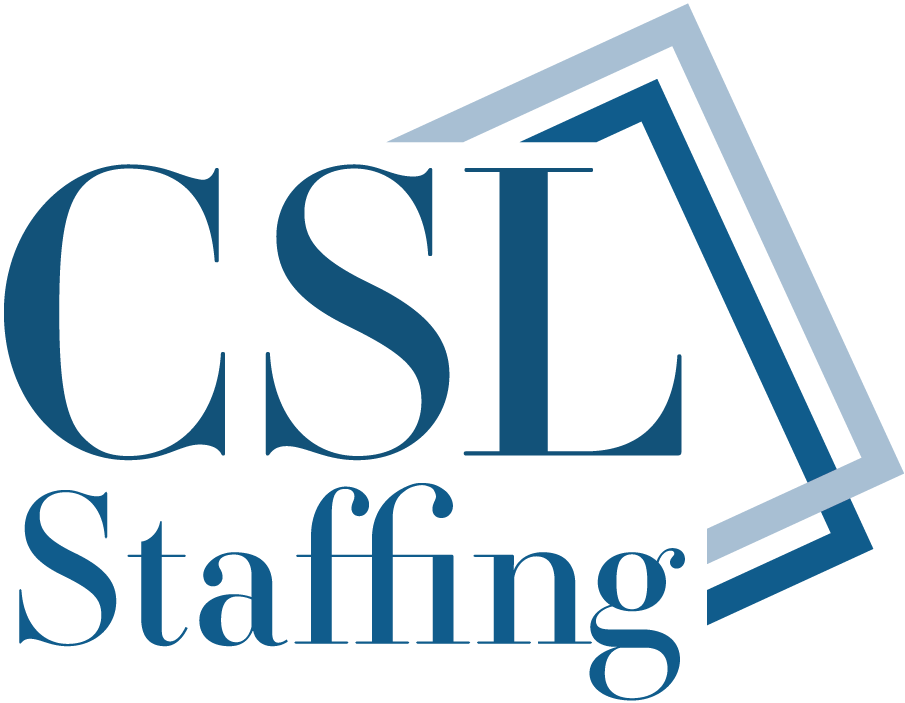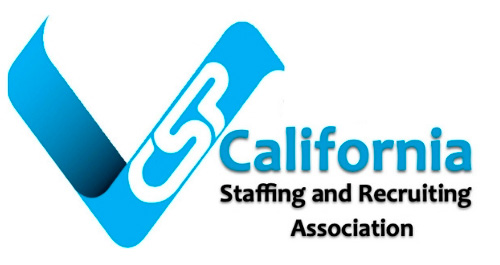New weekly unemployment claims reversed course during the week ending July 17, as the labor market continues to recover from COVID-19 and its more recent Delta variant.
Staffing Industry News
On July 16, 2021 — one month after California moved to reopen in full — the Los Angeles County Public Health Department revised its public health order to require face coverings in most indoor settings regardless of vaccination status. This change […]
Health coaches can help people living with chronic conditions by acting as intermediaries with their health care providers. Here’s how benefits managers can help promote effective coaching.
A federal court in Oregon ruled that an employee’s noncompliance with his employer’s Family and Medical Leave Act (FMLA) notice requirements meant he wasn’t entitled to FMLA protections. Employers may want to consider implementing absence notification policies, if they do […]
An alternating four-day week, giving workers every other Friday off, can foster greater employee engagement and productivity, says the CEO of a technology firm that put this schedule in place.
We’re in the midst of California’s 2021 wildfire season, and given the state’s currently hot and dry climate, the California Department of Forestry and Fire Protection (Cal Fire) predicts an increased fire danger during the season. Cal Fire also reports […]
Focus may get short shrift from executives who prefer a full plate and like to explore as many tasks and ideas as possible. Yet spreading yourself too thin and saying yes to myriad distractions is a major recipe for failure […]
Washington State’s mandatory long-term care (LTC) insurance program imposes a new employee-paid premium of $0.58 per $100 of earnings, starting Jan. 1, 2022. Other states may follow Washington’s example.
Many 401(k) plans now prefer to keep the accounts of retiring employees. There are pros and cons, however, to encouraging retirees to leave their money in their employer’s plan.
Oregon’s Occupational Safety and Health Administration recently adopted emergency heat-illness prevention rules that apply when temperatures in a work area reach or exceed 80 degrees. The rules are effective immediately.





